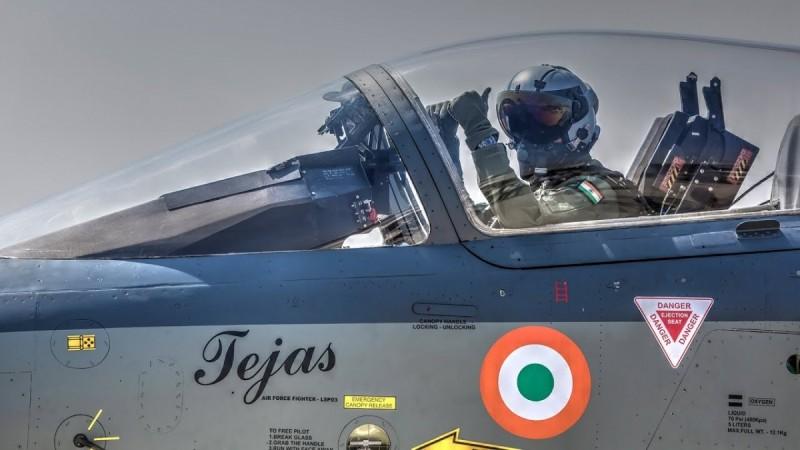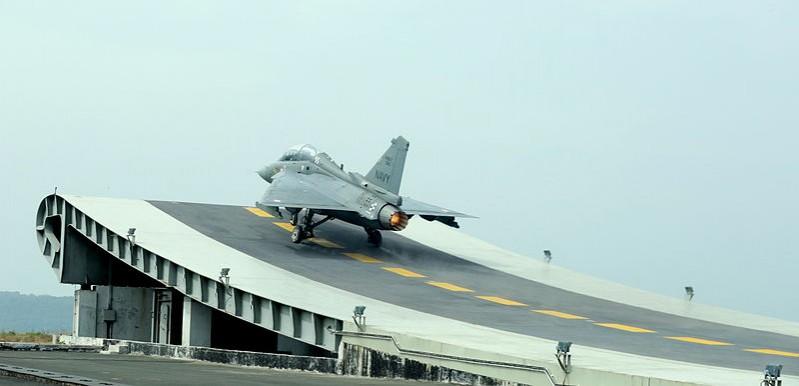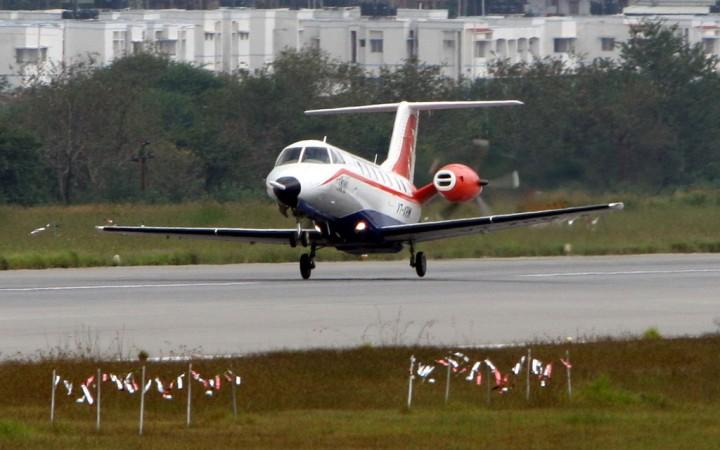Indian engineers are confident of making the country's first home-grown passenger plane in quick time at a competitive price following the success of the indigenous light combat aircraft (LCA) Tejas getting full operational clearance (FOC).
With a special purpose vehicle (SPV) in place, experts believe the country could propel a 70-90 seat passenger plane from the drawing board to the runway in five-seven years at about 20 per cent price advantage when compared to global competition.
Bengaluru-based National Aerospace Laboratory (NAL) has already amassed a wealth of experience by working on Tejas and Saras, a small 14-seater passenger plane undergoing flight tests after nearly two decades in the making.

"Today we have an SPV and mostly in an autonomous manner we want to ensure that a regional transport aircraft (RTA) with a capacity of 70 to 90 passengers should be developed using indigenous technologies as we have developed under the LCA and others," VK Saraswat, NITI Aayog member and former director general of Defence Research and Development Organisation (DRDO), told CNN News18.
"We have the right ecosystem, in terms of private industries that could complement the development, for it. I feel an RTA can be developed in the next five to seven years if we are in a position to take decisions at this stage," Saraswat said at the venue of Aero India 2019.
The SPV can have stakeholders from the DRDO, the state-sector aircraft maker Hindustan Aeronautics Limited (HAL), and academic institutions. Dr Kota Harinarayan, acknowledged as the father of the LCA for directing the project for over 20 years from start to the first two jets, is also in the team.
"I'm 100 per cent sure we will make it price-competitive. We can make it at least 20 per cent cheaper and 20 per cent is a big difference for an airline operator to buy an aircraft," CNN News18 quoted Harinarayan as saying.

Dr Saraswat is of the view that the nation needs a policy push to enter the development of a large passenger aircraft in the public sector. "The most important thing is to gain the confidence of airlines because airlines are commercial entities. They want the minimum operating cost, with maximum comfort to the user. Of course, the price is a major criterion. So when we design now, we will cater for all this," Saraswat said.
"But the government will have to ensure preferential market access to indigenously-developed planes. At least government-owned airlines must prefer the indigenous aircraft over others," he said.
Such a project would ensure private participation like in the case of the LCA. There is already a competent private industry ecosystem to ensure that design and development will not take much time.


















![Limited edition Phone (3a) launched in India; what's special about it [read now]](https://data1.ibtimes.co.in/en/full/825642/limited-edition-phone-3a-launched-india-whats-special-about-it-read-now.png?w=220&h=135)